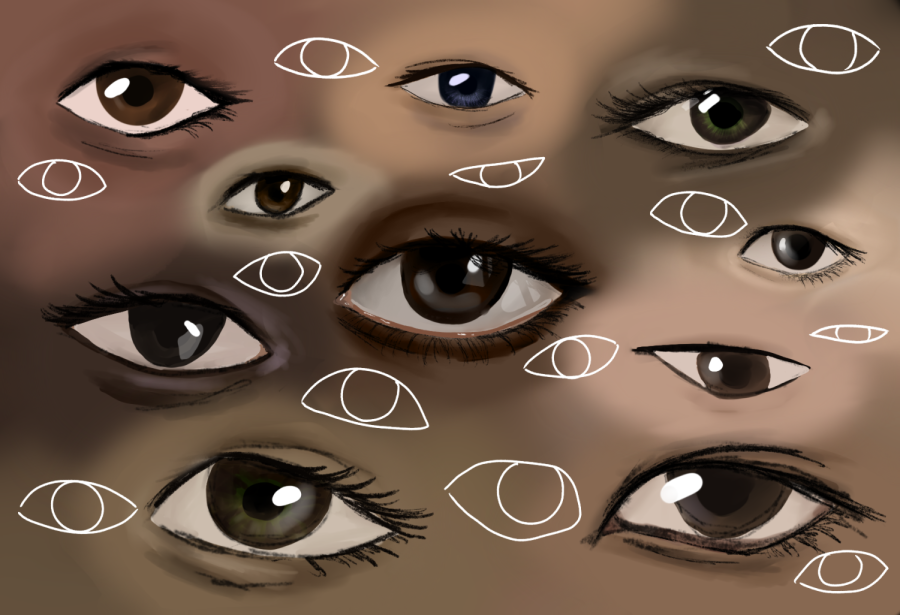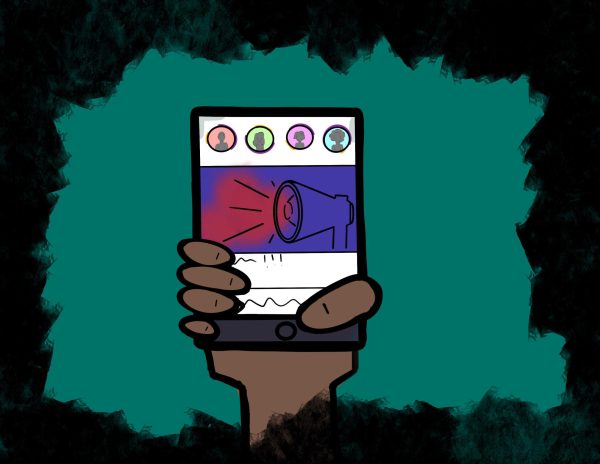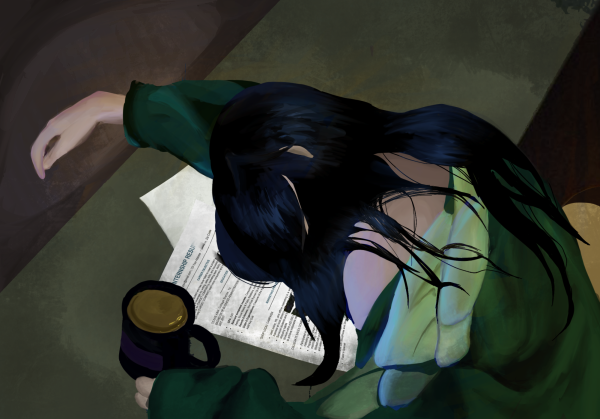History Is More Than Just Topics Of Debate
The perspectives of all students must be acknowledged and recognized.
Life, liberty, and the pursuit of happiness; these are the 3 ideals of which we are taught that America was founded upon. Whether in our English, government, or American history classes, we learn of the legacy the founding fathers left for us. Each lesson taught us that the legacy of America was freedom, liberty, peace.
As a transgender person in America, I’ve had to grow up faster, had to be better, had to accommodate with the whims and wishes of the majority. These lectures of peace and liberty, it seems, would not apply to me. This story’s the same for marginalised groups all across the board.
And it doesn’t change here at Campolindo, either.
Students of marginalised groups are particularly vulnerable to stressors and inequity in the classroom. Oftentimes, these students are left feeling alienated, or sometimes even tokenized during certain lessons; questions about personal experiences with bigotry are asked with no warning, and students are expected to share their experiences with their peers.
This was seen a lot during the virtual cohort academy that took place last year. Discussions of hate crimes, racism, homophobia, and other forms of hatred were dumped onto minority students without warning or an escape, frequently tied with personal questions and unwanted comments.
Similarly, in the last year alone, juniors in their U.S. history classes were required to hold debates with topics such as whether schools and sports team should be allowed to use caricatures of Native Americans as their mascots, if genocide was the correct term to use in reference to the Trail of Tears and ultimately the history of Native-colonial interactions, and the justification of Japanese internment in the 1940s.
Just like the cohort academies, there was no out of these discussions— if you failed to sign up for the side that aligned best with your beliefs, you were forced to argue the other side, and if you refused to argue, you’d be met with an F, detrimental to your grade point average.
What’s arguably worse than making teenagers argue about and against the oppression of others, is the assignment of the discussions themselves. By turning the history of marginalised people into nothing more than prompts waiting to be challenged, teachers effectively dehumanise the groups being discussed, ultimately creating an uncomfortable, and non-educational environment for minority students.
And sure, learning the context of history is important, nothing is ever black and white. But these discussions do not exist within a vacuum. In these discussions, marginalised students are subjected to uncomfortable discussions on their own ancestry, in which the lessons are aimed at educating the majority. In these discussions, the wellbeing of minority students are largely being ignored.
Being part of the majority does not excuse disregarding the comfort and security of Campolindo students.
Change must be brought about in our education system. These debates can’t keep continuing, especially now that we are back in person, with no option to press the off-button. Instead of choosing sides of history, students should be encouraged to look at such atrocities and understand the impact they held on the targeted communities. To be better than our ancestors, we must first recognise that they were wrong.
Students who shared their grievances with these discussions with their teachers were silenced, or ignored, undermining the values that Campolindo strives for. Students should be able to voice concerns they have over class material, without feeling as though they are risking their grade, or their place in the classroom.
I encourage you to initiate your own journey of unlearning the bigotry that permeates American history. As citizens of America, we have an obligation to learn, to be better, to make things right, and as students, faculty, or staff of Campolindo, we have an obligation to maintain a safe and welcoming environment.
Afterall, how can we pledge ourselves to equity and respect when we ignore the voices in our community?
Your donation will support the student journalists of Campolindo High School's The Claw. Your contribution will allow us to produce more issues and cover our annual website hosting costs.
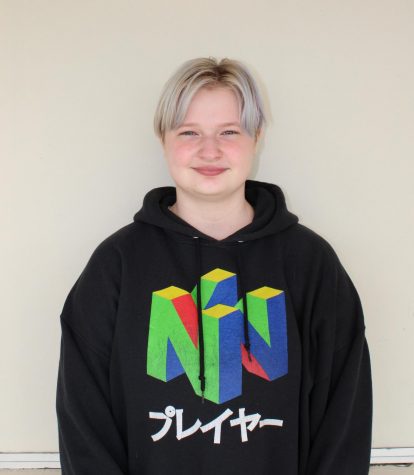
Senior V Rogers has had a passion for literature since they were young: “My bedtime stories were Baldwin and Angela Davis.” They have taken AP language...
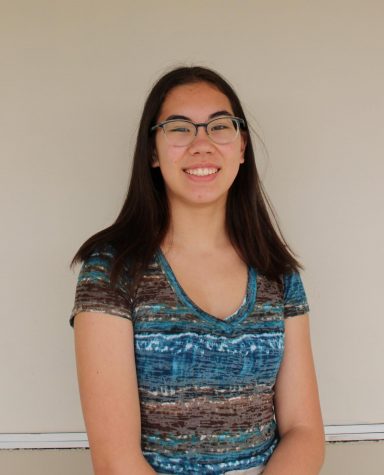
Sophomore Grace Franklin has an interest in art and improving her digital art skills through The Claw Art Staff. Franklin has a deep interest in video...
